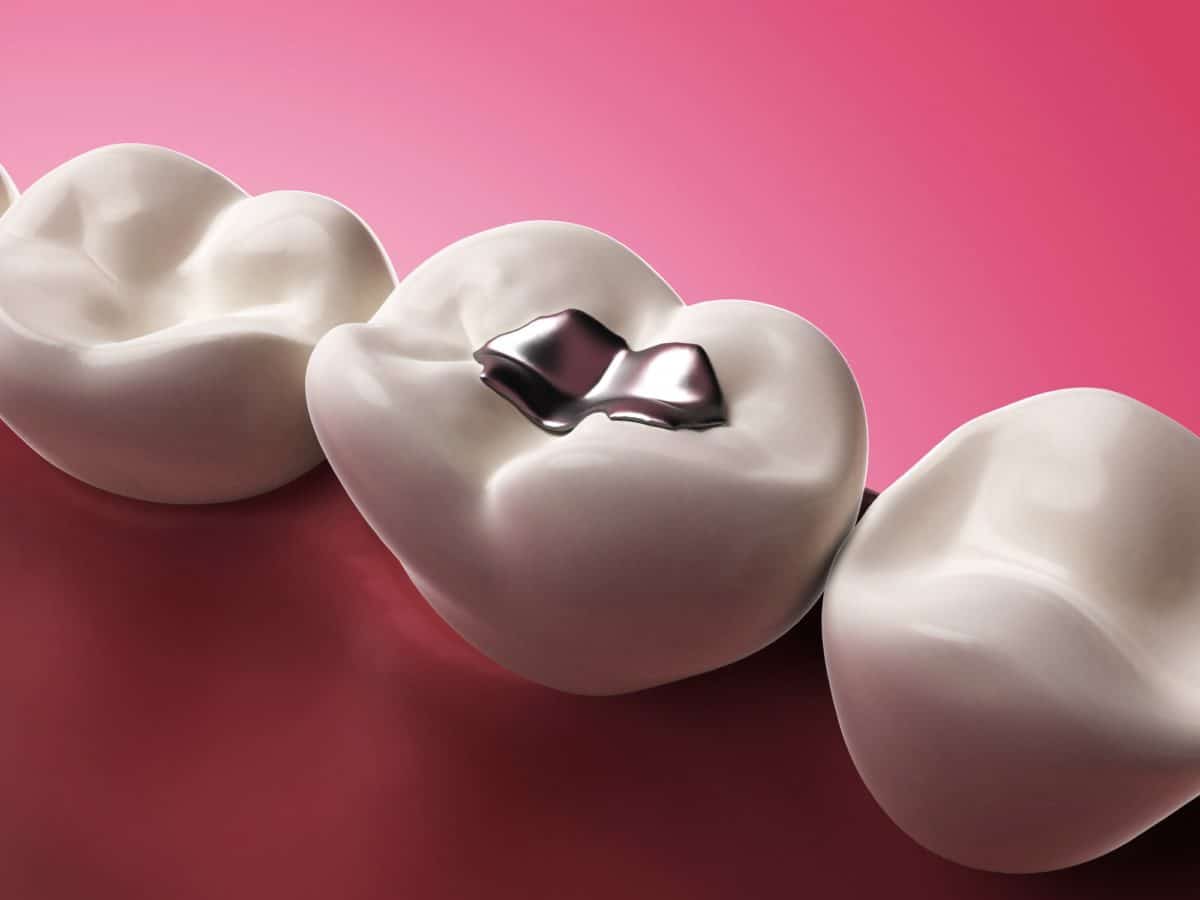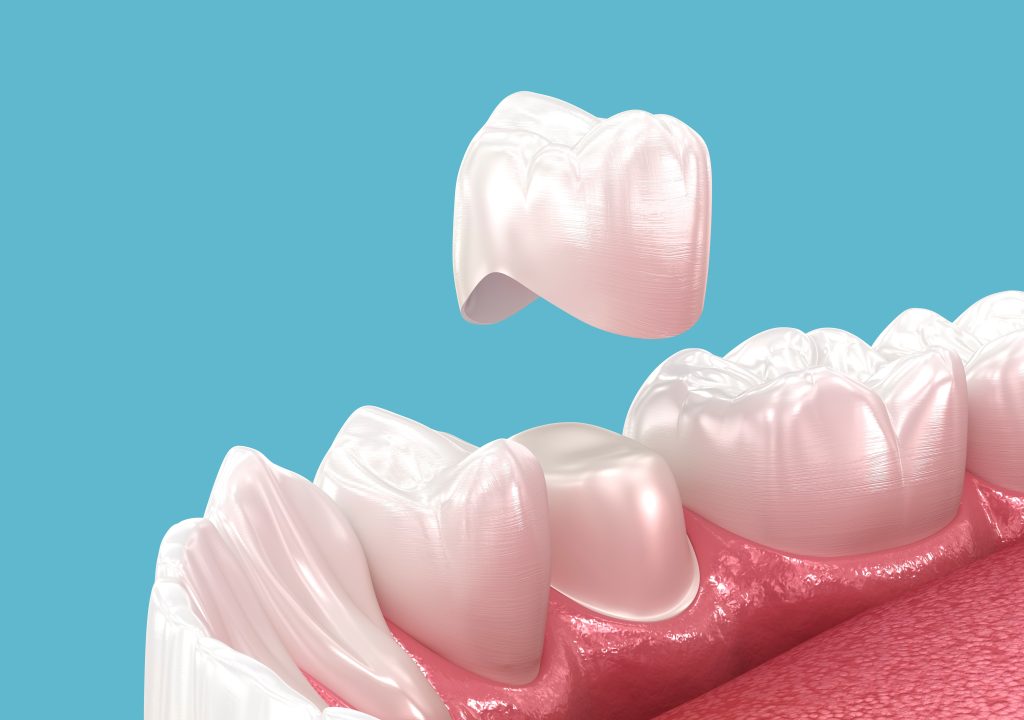Few patients go looking for a dentist in Vancouver, WA hoping to have a cavity filled or implants placed. Unless a cavity has severely deteriorated the structure of a tooth, Dr. Nelson will generally treat the problem by removing the damaged part of the tooth before filling the hole with a porcelain or composite filling.
While most fillings will last a lifetime, they do occasionally need replacing. But this asks the question – If filling a tooth with an artificial material really the best option? What if a tooth could actually repair itself using its own natural material – dentine?
This is the question researcher from King’s College London asked themselves when researching how they could attempt to cause teeth to self-repair. Now it seems they may have found a process that could actually help teeth repair themselves, which could lead to a future where dental fillings join rotary phones as a relic of the past.
The Future of Self-Repairing Teeth
Researchers from King’s College say their new treatment for repairing cavities is remarkably simple. It involves the use of a drug that causes the tooth to fill in the hole caused by a cavity naturally with dentine.
“[The process] involves putting a drug on a little sponge that goes inside the tooth, in the hole that the dentist made. It stimulates this natural process, which is starting to occur anyway following the damage, but it over-activates the process so you actually get the big hole repaired and the repair is a production of the natural material, the dentine,” says Paul Sharpe, lead research involved in the study, in a paper published in Scientific Reports.
In most cases, a new drug requires repeated testing before it meets with approval from oversight agencies like the Food and Drug Administration or the American Dental Association. However, the drug used by researchers to regrow tooth enamel – Tideglusib – has already earned approval for the treatment of Alzheimer’s disease and other nervous system disorder. While the drug will still need additional approval to be used to treat tooth decay, the fact that it has already been cleared for use means that the days of dental fillings could be coming to an end sooner than anyone would have predicted.
Researchers explain that the process for using Tideglusib to repair teeth requires only a small amount of the drug. Researchers have developed a technique for applying the drug directly to the area of the tooth affected by decay.
Using a biodegradable collagen sponge to deliver treatment, the team applied low doses of the drug to the tooth. They discovered that the sponge degraded over time and as the sponge dissolved it was replaced by newly grown dentin, leading to a natural and complete self-repair. Collagen sponges are clinically-approved and commercially-available, another factor in why this new form of treatment may become the preferred way for a dentist in Vancouver, WA to repair cavities in the near future.
“The simplicity of our approach makes it ideal as a clinical dental product for the natural treatment of large cavities, by providing both pulp protection and restoring dentine,” says professor Sharpe.
Importance of Preventative Care
While dental fillings may become a thing of the past, you shouldn’t consider this type of breakthrough a reason for ignoring your oral health. Daily brushing and flossing significantly lowers your risk for a variety of long-term health issues that carry far more of a lasting impact than a simple cavity.
Studies have shown that patients suffering from tooth decay and gum disease have a higher risk of heart attack, stroke, dementia, and diabetes. So even if you no longer need to worry about visiting a dentist in Vancouver, WA for a filling, that doesn’t mean protecting your oral health should become less important now or in the future.







